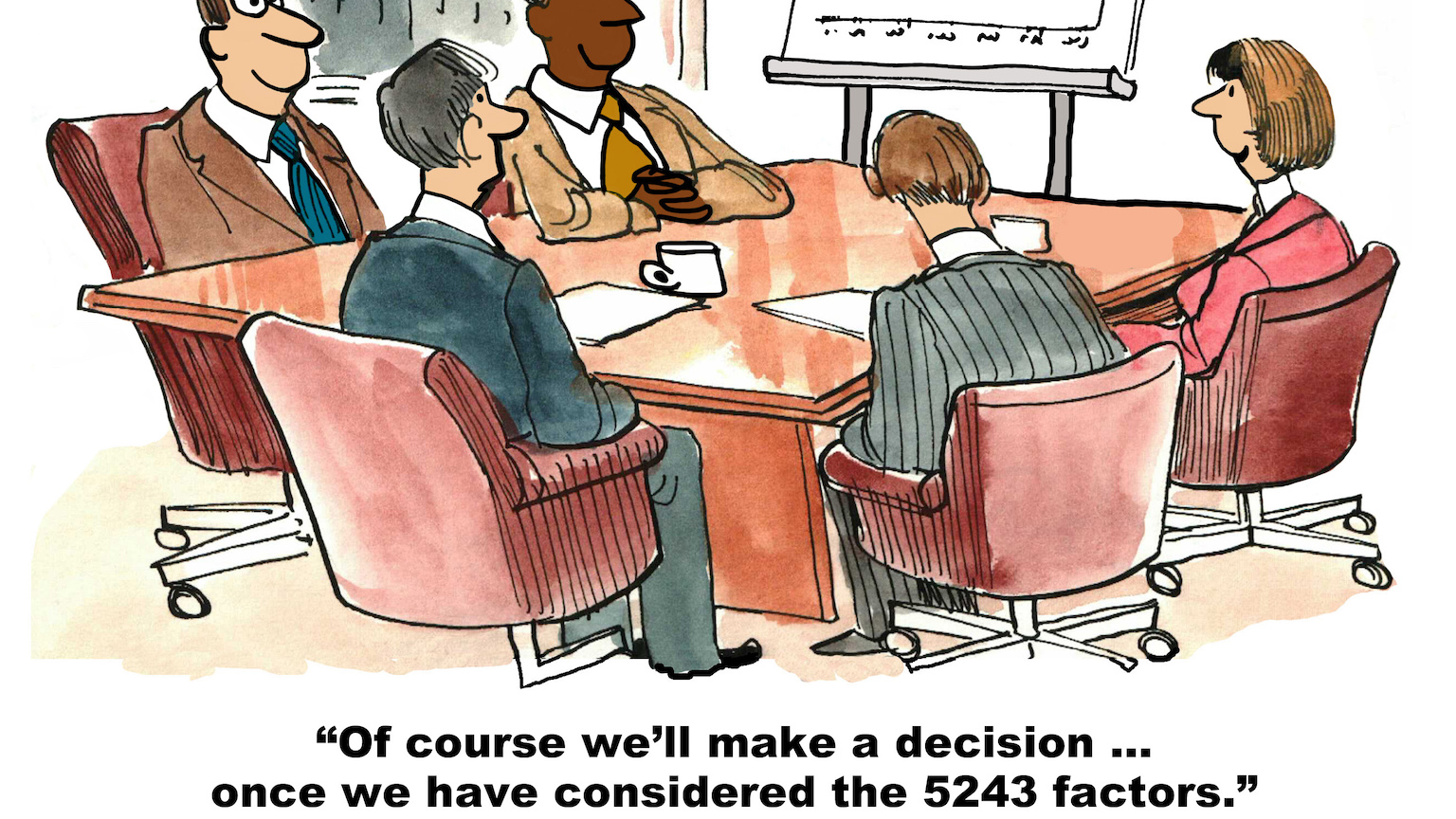Have you ever had the experience that you can’t stop swiping your cell phone at night even though you are already sleepy?Have you ever seen a friend posting a picture of food and felt hungry even though you just ate?Or when you see a “buy one get one free” label at the mall, you buy it even though you don’t need it?
These behaviors may sound strange, and even we may not find them reasonable.But they happen every day.Why is it so?What is our brain really thinking?Today we’ll talk about what secrets lie behind these seemingly irrational behaviors.
What is the science of bizarre behavior?
Weird Behavior is a psychological direction that studies human behavior.It focuses on behaviors that seem illogical and even a bit ridiculous.For example:
These behaviors may seem irrational, but they are very common in real life.The purpose of bizarre behavior is to help us understand the real reasons behind these behaviors, so that we can better understand ourselves and avoid falling into some “psychological traps”.

A true story
Wang is an ordinary office worker with a medium income and a regular life.One day, he saw an advertisement on the Internet: “Special price for a limited time!The original price of 999 yuan smart watch is now only 199 yuan!”The advertisement also has nice pictures and many positive comments from users.
In fact, Xiao Wang didn’t need this watch at all, but he was attracted to it when he saw “limited time” and “199 yuan”.When he clicked in, the page said “Only 3 pieces left in stock” and there was a countdown: “1 hour left for the offer”.At this time, Wang suddenly felt that he had to order immediately, otherwise he would miss this great opportunity.
The result?When the watch arrived, it didn’t function as well as advertised, and some of the features didn’t work at all.Xiao Wang was a bit regretful, but he could only admit it.
This story tells us that we are often influenced by some psychological factors when making decisions:
Why do we make these “strange” decisions?
1. Preferring immediate pleasure to long-term benefits
We often overlook the long-term consequences of our decisions for the sake of the immediate benefits.For example:
This is because our brain prefers the satisfaction of “getting it right away” to the result of “getting it better later”.
2. Emotions affect judgment
When we are emotional, it is easy to make impulsive decisions.For example:
Instead of thinking rationally, we are led by our emotions.
3. Cognitive biases prevent us from seeing the truth
Our brains are sometimes “selective”.That is, we are more likely to believe information that is in line with what we think and ignore facts that are different from what we think.
For example, if you think a product is great, you’re more likely to notice the good things about it and ignore the bad things about it.This bias can cloud our judgment and make us make poor choices.
How can we make fewer of these “bizarre behavior” mistakes?
1. Increase Self-Awareness
Before making a decision, ask yourself:
These questions can help us to see our own motives clearly and avoid being misled by our emotions or circumstances.
2. Set simple rules
We can set some simple principles for ourselves, such as:
These little rules can help us avoid the pitfalls of impulsive spending.
3. Listen to other people’s opinions
It’s easy for one person to be biased, but if you ask a few friends or family members, you’ll hear more perspectives.For example:
Other people’s feedback may open your eyes to problems you hadn’t noticed.
Conclusion: Our behavior is not always rational
The science of bizarre behavior tells us that humans are not completely rational creatures.We are often influenced by various psychological mechanisms to make decisions that, in retrospect, make us think, “How could I have been so stupid?
But that doesn’t mean we can’t change.As long as we are willing to understand the principles behind these behaviors and learn to control our own emotions and thought patterns, we can slowly reduce these “strange behaviors” and make smarter choices.
So the next time you see a “limited time offer”, feel emotional, or can’t help but swipe your phone, stop and think: Is my decision really the best choice?

